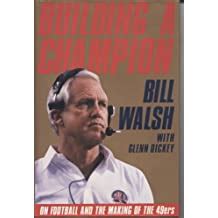A Quote by Nirmala Srivastava
Your own attention is important, not the attention of others or your attention on others.
Related Quotes
You have to rise up to that state of thoughtless awareness where you grow spiritually. If you are not in thoughtless awareness, you cannot grow in your spirituality. So it's very important to see where is your attention. Where are you putting your attention? If the attention could be controlled then things will be all right.
Pay attention to your friends; pay attention to that cousin that jumps up on the picnic table at the family reunion and goes a little too 'nutty,' you know what I mean? Pay attention to that aunt that's down in the basement that never comes upstairs. We have to pay attention to our friends, pay attention to your family, and offer a hand.
The most important thing you can do individually and organizationally is to pay attention to your own creativity. Sports psychologists call this muscle memory or paying attention to your perfect performance. In your own life you can notice when you do something that works right for you and celebrate it. The more you do this, the greater the probability that you will act creatively in future situations.
There is another side [to ego] that can wreck a team or an organization. That is being distracted by your own importance. It can come from your insecurity in working with others. It can be the need to draw attention to yourself in the public arena. It can be a feeling that others are a threat to your own territory. These are all negative manifestations of ego, and if you are not alert to them, you get diverted and your work becomes diffused. Ego in these cases makes people insensitive to how they work with others and it ends up interfering with the real goal of any group efforts.
The meaning of your life depends on which ideas you permit to use you. Who you think you are determines where you put your attention. Where you direct your attention creates your life experiences, and brings a new course of events into being. Where you habitually put your attention is what you worship. What do you worship in this mindstream called your life?






























